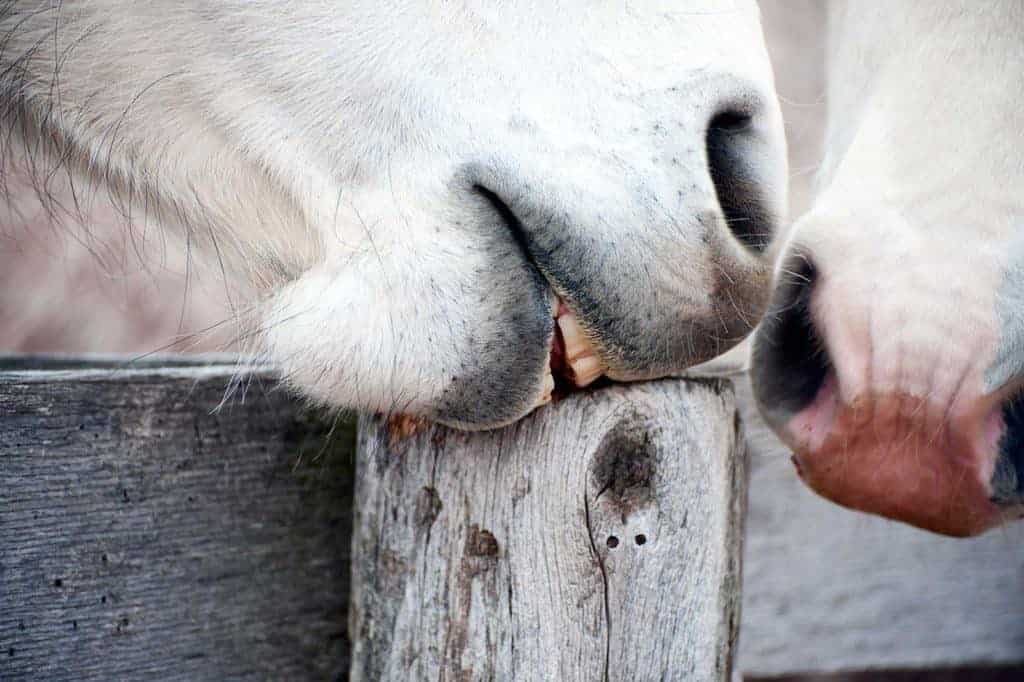
Developmental Dental Disorders in Horses
Some developmental disorders can be dangerous and performance-limiting if not treated promptly and properly.
How to care for the basic health needs of horses

Some developmental disorders can be dangerous and performance-limiting if not treated promptly and properly.

Twenty-eight horses at the affected horse’s training facility are under official quarantine.

Horses lose large quantities of sodium, potassium, and chloride, as well as smaller amounts of magnesium and calcium, through their sweat. Supplementation before work might help.

Researchers studied which eye horses used to look at new objects. Their findings were unexpected.

A donkey and mule expert offers tips for veterinarians on how they can best approach, handle, and read their nonhorse equid patients.

Find out why you should trust your horse’s oral care to medically trained veterinarians and American Veterinary Dental College diplomates.

Our equine nutrition expert offers advice to keep horses from chewing on barn wood and fence posts.

A good thrush prevention plan includes proper hoof care, regular exercise, and a clean living environment.

Researchers found acetaminophen is readily and rapidly absorbed, and most of the horses appeared to feel and move better.

Taking temps daily, whether rectally or via a microchip with an integrated temperature biosensor, can help you catch and track outbreaks.

Get tips for helping prepare beet pulp for horses even when it’s cold outside.

Researcher: Don’t ignore subtle signs of equine discomfort before riding. Often the cause is a veterinary issue.

A physical therapist and veterinarian discuss potential applications of blood-flow-restriction training, compression therapy, and more in horses.

Learn about common types of heart murmurs and their potential effects on performance and horse and rider safety.

Research on how rider size affects horses is limited. Here’s what we do know.

Study: Worry wrinkles, known to show pain in horses, are also present during stressful events.
Stay on top of the most recent Horse Health news with
"*" indicates required fields